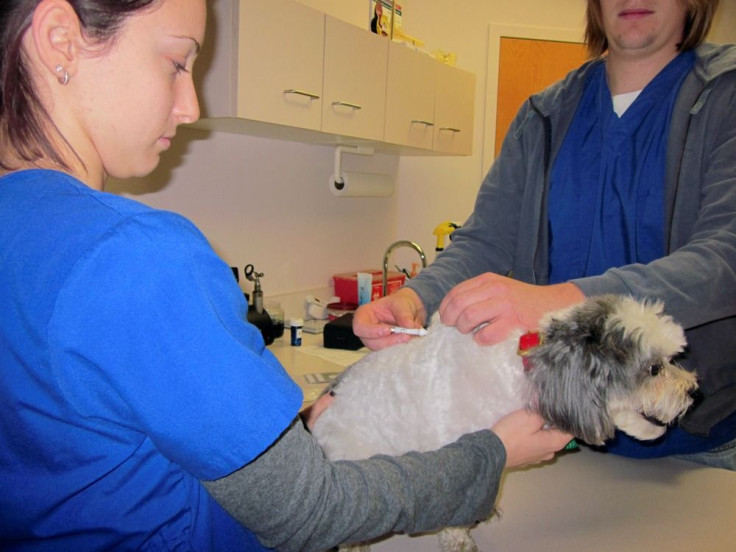SA Government Announces Mandatory Microchipping For Pets

The South Australian Government has announced on April 18 that dogs and cats should undergo mandatory microchipping before reaching three months old. This is a proposition for change of legislation, amending the Dog and Cat Management Act 1995.
According to environment minister Ian Hunter, the change of legislation also includes registration of breeders to ensure dogs go through humane breeding conditions. Anyone who does not abide by the mandatory pet microchipping is not allowed to sell pets in South Australia, Hunter said in a report from ABC News.
The Advertiser reported that the amendment aims to cut down the number of pets being sent to the pound, discourage puppy farming and allow easy process of returning lost pets to their rightful owners. “If all animals are microchipped it is going to make it easier for animals to go home and stay out of shelters because the checking process can start with a council officer,” said Felicity-Ann Lewis, chairperson for Dog and Cat management board.
Spokeswoman for Animal Welfare League, or AWL, South Australia Sabine Kloss also agreed to the proposed changes, stating that thousands of strays end up in AWL and most of the animals remain unclaimed since it is difficult to track down their owners. Aside from discouraging puppy farms and encouraging responsible pet breeding, the changes also aims to apply penalties for owners who allow their dogs to wander. More information on the new legislation can be found at YourSay.
The Dog and Cat Management 2015 has been introduced 20 years ago and has not undergone any changes until now. "Local government has been waiting for these changes for a considerable amount of time,” said Lewis.
According to the Chief Executive of RSPCA SA, Tim Vasudeva, the success of the legislation would only “depend upon the efficiency of the system.” The government invites South Australians to provide their feedback on the proposed legislative changes until June 26.
To report problems or leave feedback on this article, email: wendylemeric@gmail.com.





















